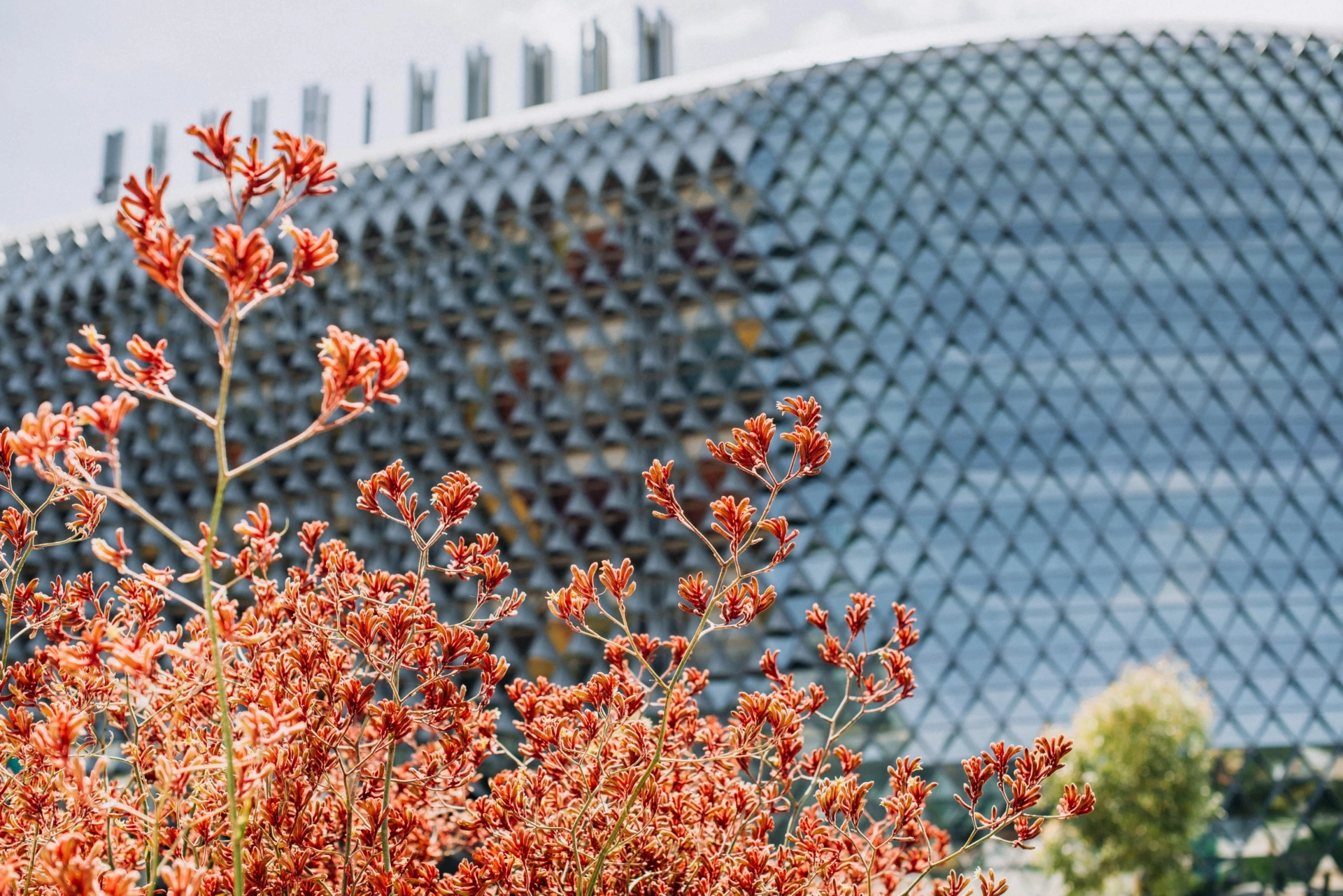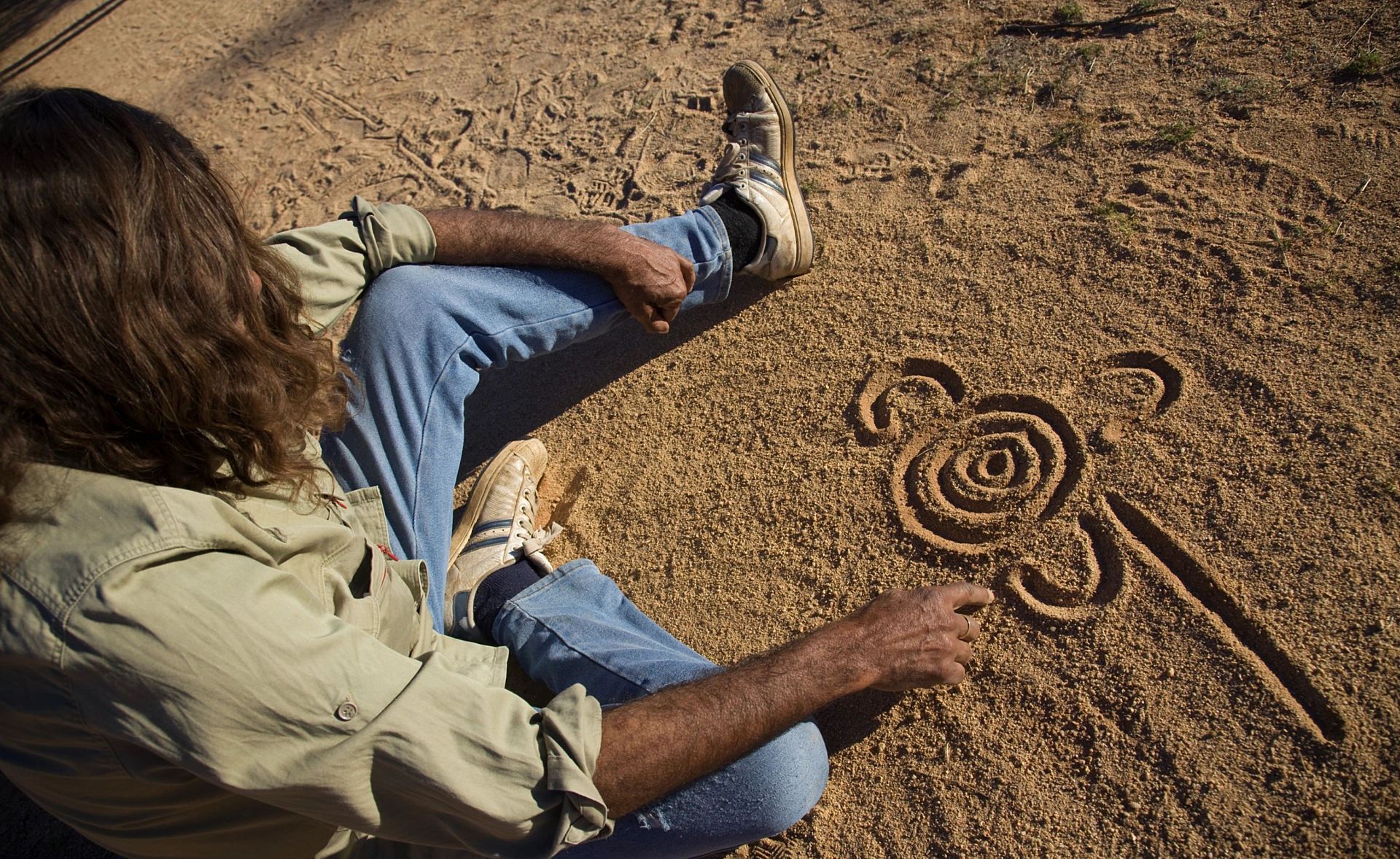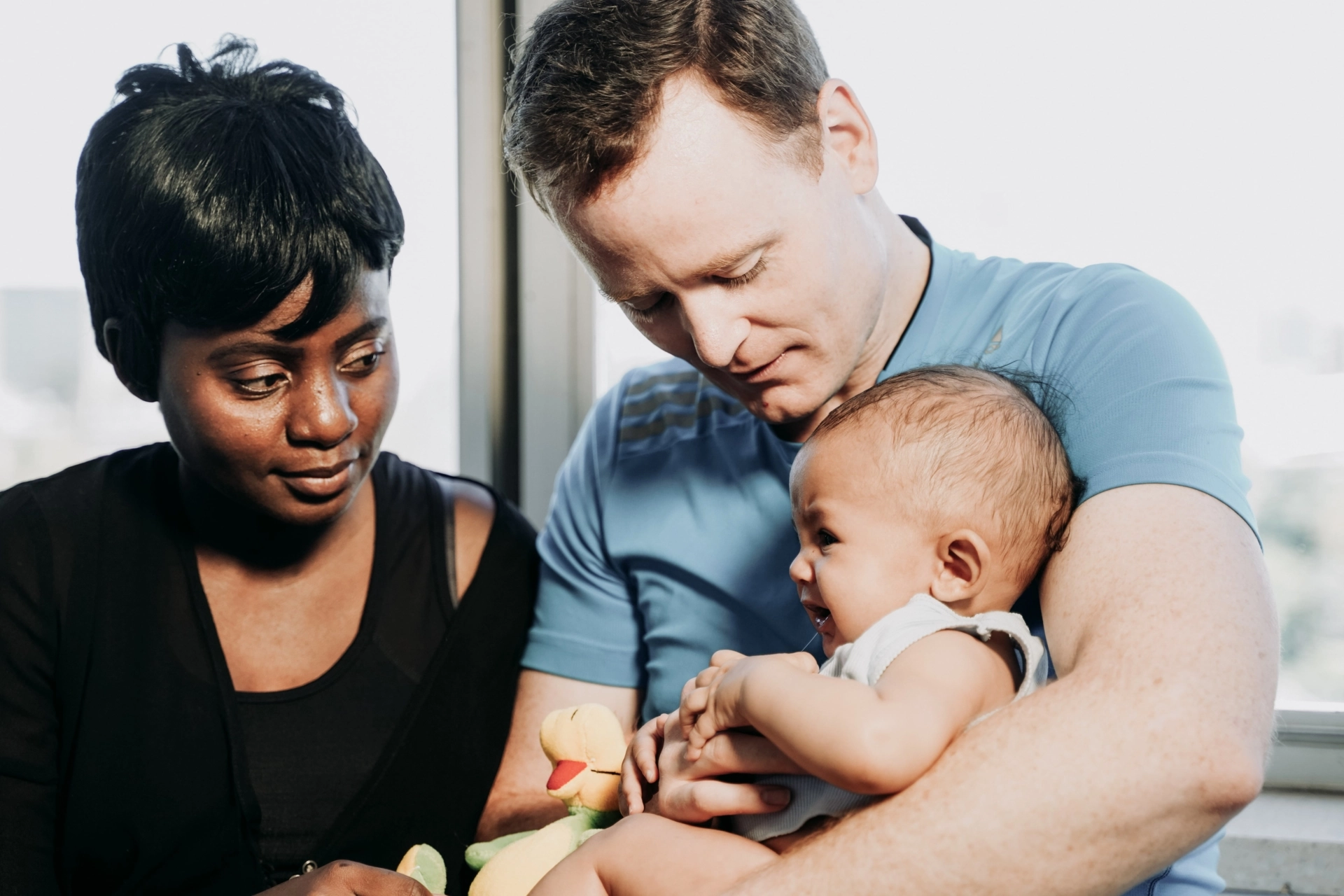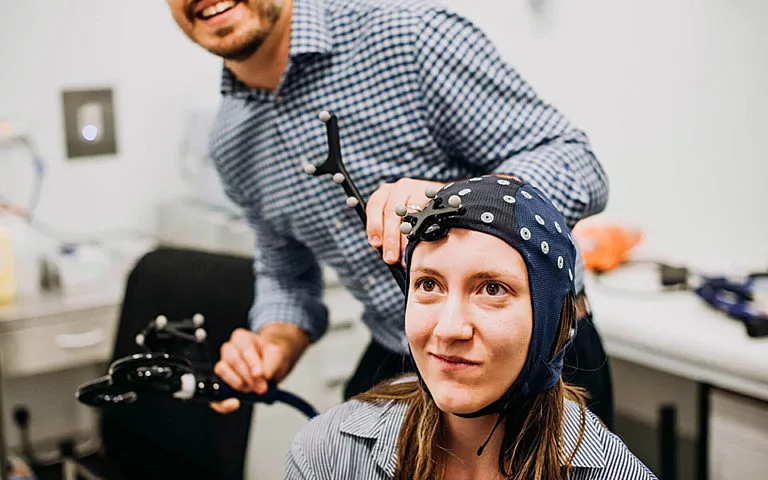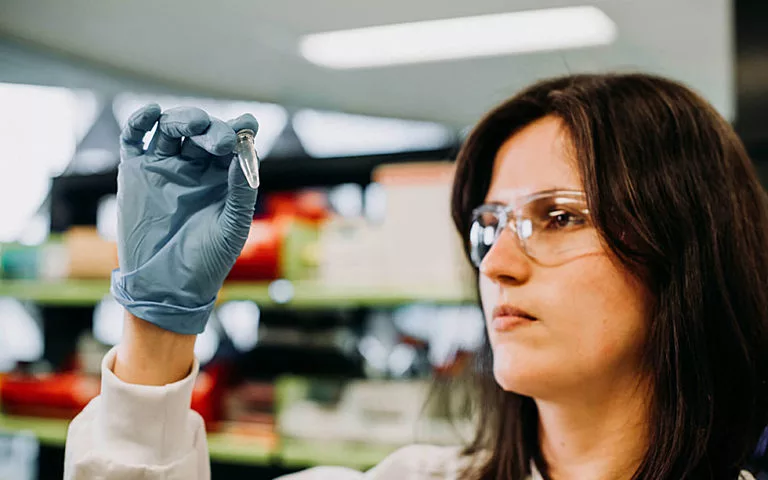SAHMRI researchers will launch into a suite of life-changing new studies in 2023, boosted by the Federal Government’s Medical Research Future Fund (MRFF).
Indigenous health will be a strong focus, with multiple projects addressing chronic health conditions and quality of life in regional Aboriginal communities.
SAHMRI’s Wardliparingga Aboriginal Research Unit led by Associate Professor Odette Pearson and Ms Kim Morey have secured funding over four years to prevent ill health and improve quality of life for older Indigenous people.
“Our Aboriginal-informed System Connector Model for Ageing Well builds on the findings of our ageing program of research and will link individuals to services and strengthen relationships between aged care, health care and social services,” A/Prof Pearson said.
This project will increase access to consistent, quality services across systems to support older Aboriginal people in South Australia to age well.”
SAHMRI and Flinders University molecular microbiologist, Professor Geraint Rogers is combatting chronic lung disease (CLD) by developing a health care template tailored to the needs of individuals.
Regional Aboriginal communities have the highest burden of CLD in Australia and limited health infrastructure has hindered treatment.
“We will co-design treatable traits models with regional Aboriginal communities in New South Wales and South Australia as a template for national roll-out,” Prof Rogers said.
SAHMRI and Flinders University neurobiologist, Associate Professor Cedric Bardy, is studying the fatal childhood dementia, Sanfilippo syndrome. His lab will use a state-of-the-art screening platform to rapidly identify repurposed drugs that can correct neuronal dysfunction.
“This will accelerate clinical trials to address symptoms, improve quality of life for children with Sanfilippo and their families and establish an innovative model for other childhood dementias,” A/Prof Bardy said.
Director of the SAHMRI Clinical Trials Platform, Dr Karen Best, will continue to lead innovative trials aimed at preventing preterm birth.
The SAHMRI Women and Kids Theme has already proven supplementing women who are low in omega-3 can prevent one in seven babies from being born prematurely, which accounts for 85% of neonatal medical complications and deaths.
“This project will show whether we can achieve the same reductions in preterm birth seen in clinical trials using an omega-3 precision nutrition strategy in the community,” Dr Best said.
SAHMRI and University of South Australia researcher, Dr Janet Sluggett and the Registry of Senior Australians (ROSA) team is rolling out a national framework supporting pharmacists to improve medicines use in residential aged care.
The system will be co-designed with stakeholders to nominate quality indicators for evaluation and devise an implementation plan for rapid translation.
“The PHARMA-Care quality monitoring program will equip aged care teams with the evidence to improve the use of medicines and optimise resident health and safety,” Dr Sluggett said.
Dr Daniel Thomas, a haematologist from the Adelaide Medical School and SAHMRI, will lead a team investigating treatment for blood cancer using human stem cells from bone marrow tissue.
Blood cancer prevalence has doubled in Australia over the past decade and many patients don’t have access to potentially life-saving targeted therapies.
“This is a small-scale project to pilot pre-clinical drug efficacy testing, simulating a clinical trial using human stem cells to engineer mouse models of human cancers,” Dr Thomas said.
“The project will focus on three blood cancers (acute myeloid leukaemia (AML), chronic myeloid leukaemia (CML) and myelofibrosis (MF), as these cancers currently lack curative therapy.”
The MRFF is a $20 billion long-term investment supporting Australian health and medical research that aims to improve lives, build the economy and contribute to health system sustainability.
Project list:
Establishing the PHARMA-Care quality monitoring program in aged care homes, Dr Janet Sluggett, Prof Maria Inacio, Prof Gillian Caughey, Dr Jyoti Khadka, Prof Steve Wesselingh, $1,499,093 MRFF Grant, Administered by the University of South Australia.
Bioengineering a Superior Humanized Haematopoietic Niche Derived from Mesenchymal Stem Cells for Pre-Clinical Avatar Cancer Trials, Dr Daniel Thomas, Prof Tim Hughes, $854,593 MRFF Grant, Administered by the University of Adelaide.
Pre-clinical iPSC-neuron screen of repurposed drugs for children with a form of dementia, A/Prof Cedric Bardy, Prof Kim Hemsley, Dr Zarina Greenberg, $754,292 MRFF Grant, Administered by Flinders University.
Connecting aged care, health care and social services systems to support older Aboriginal and Torres Strait Islander people to live their best lives, A/Prof Odette Pearson, Ms Kim Morey, Dr Adriana Parrella, Mr Jonathon Zagler, Dr Rachel Reilly, Dr Greer Humphrey $1,497,744 MRFF Grant, Administered by SAHMRI.
Implementation of an omega-3 precision nutrition strategy to prevent preterm birth, Dr Karen Best, Prof Maria Makrides, Prof Robert Gibson, Prof Philippa Middleton, Dr Lisa Yelland, Mrs Karen Glover, Dr Lucy Simmonds, Dr Alice Rumbold, A/Prof Luke Grzeskowiak, $1,366,713 MRFF Grant, Administered by the University of Adelaide.
A treatable traits framework for chronic respiratory disease in rural and regional Aboriginal communities, Prof Geraint Rogers, Prof Caroline Miller, Prof Steve Wesselingh, A/Prof Odette Pearson, Dr Steven Taylor $1,997,629 MRFF Grant, Administered by Flinders University.
